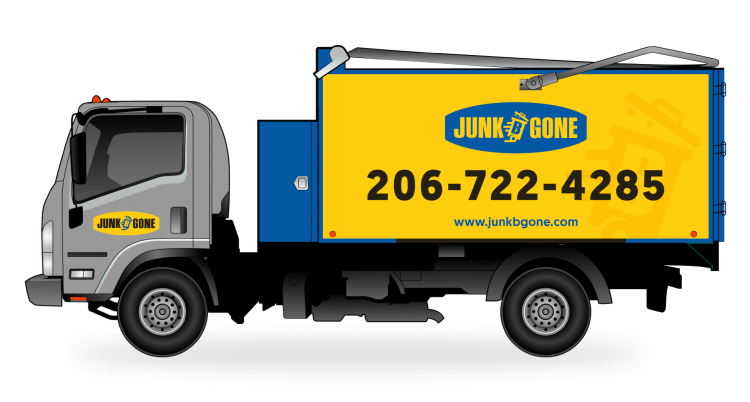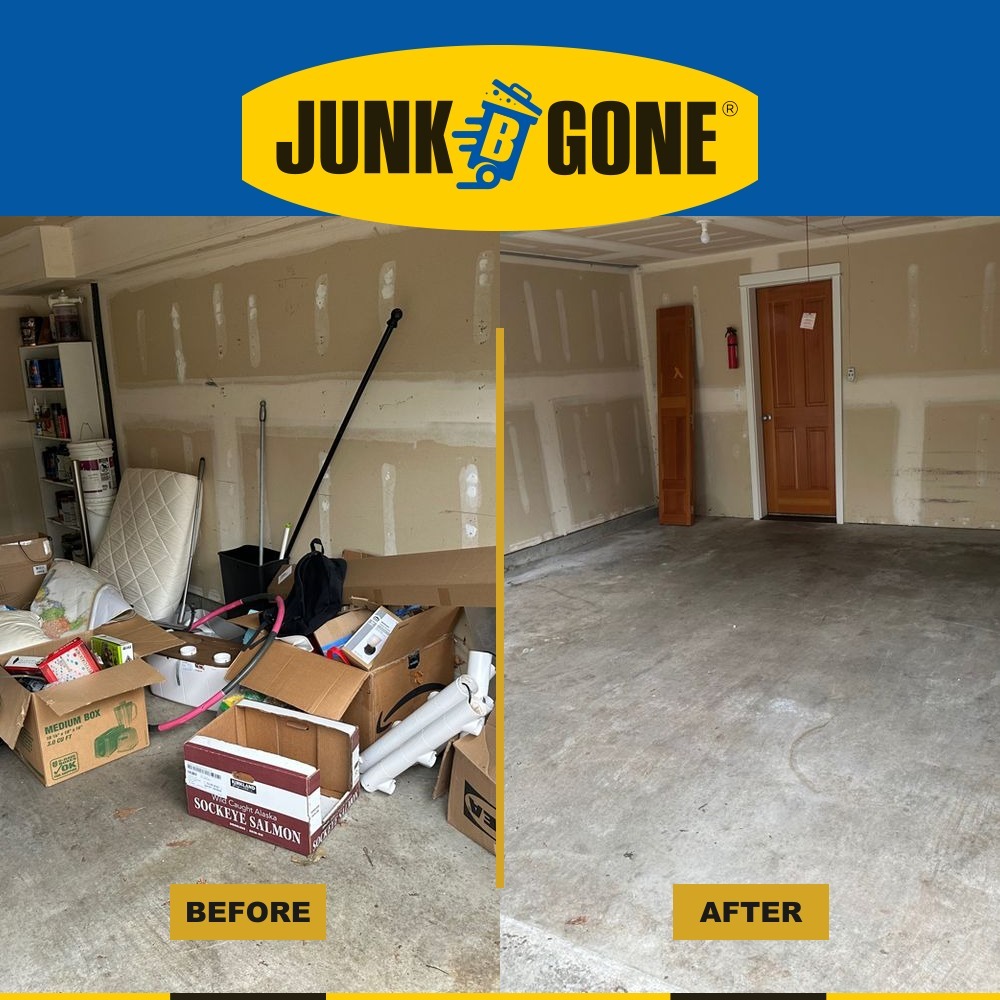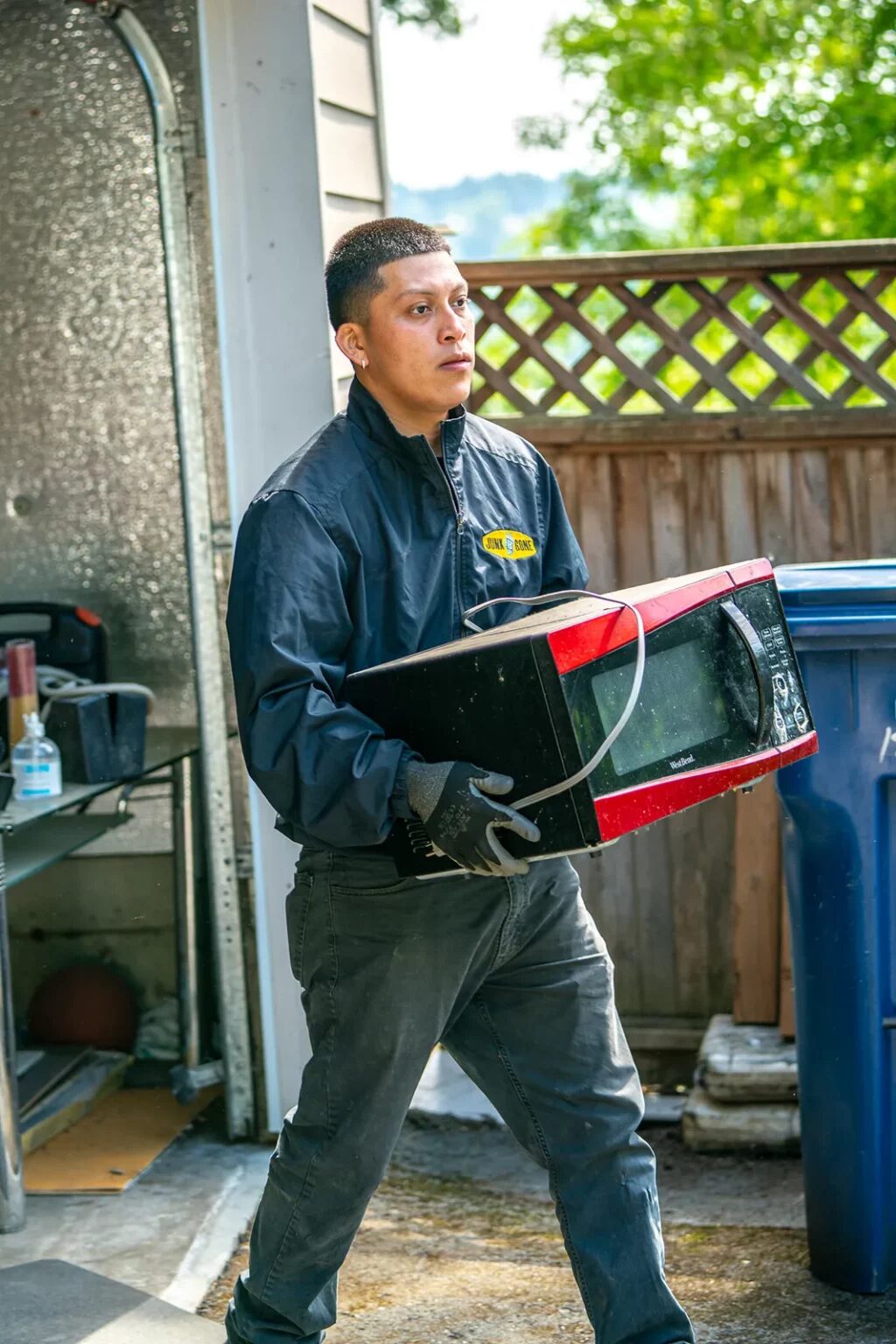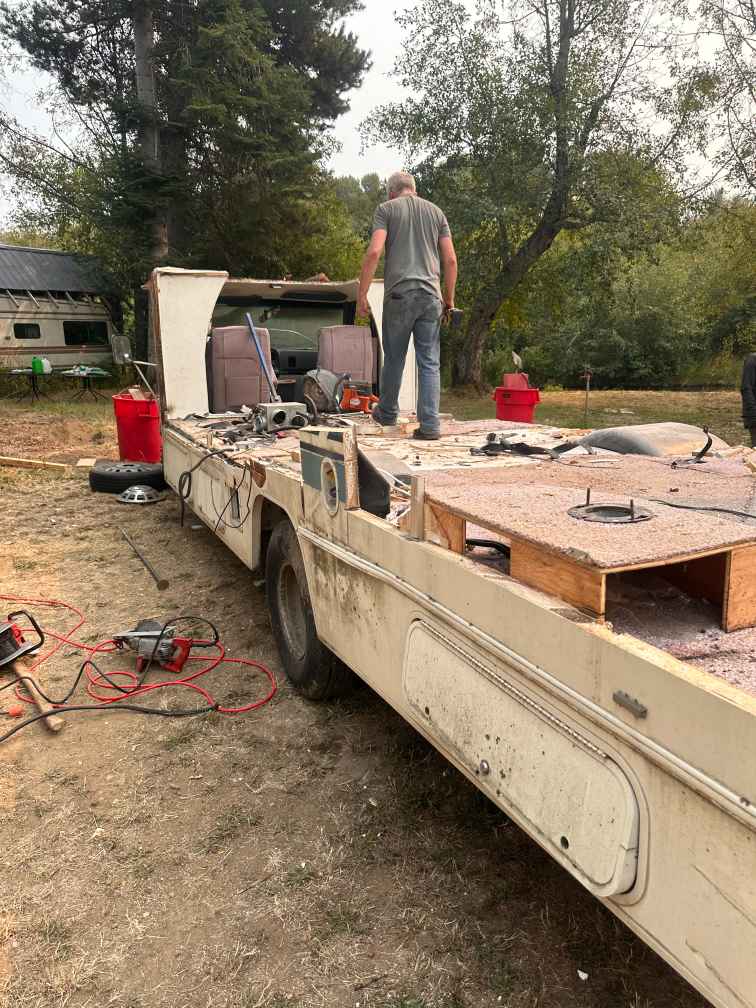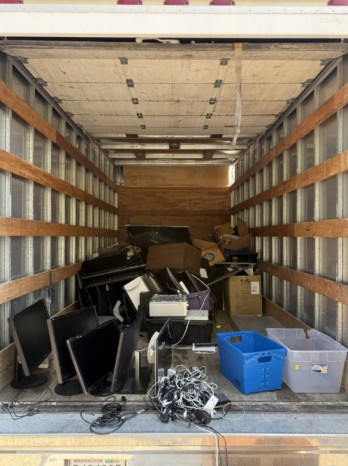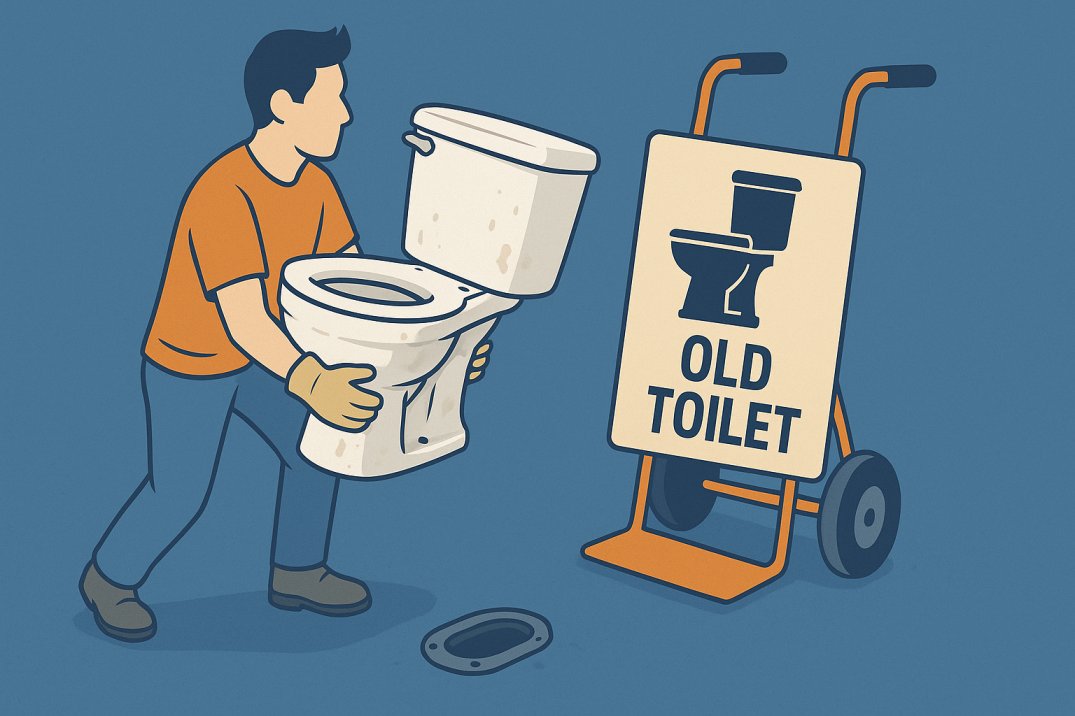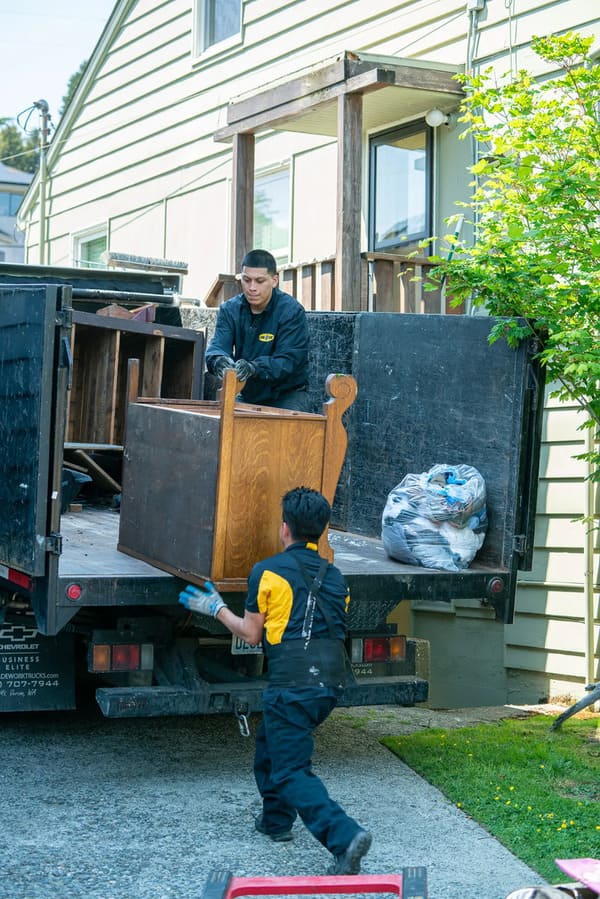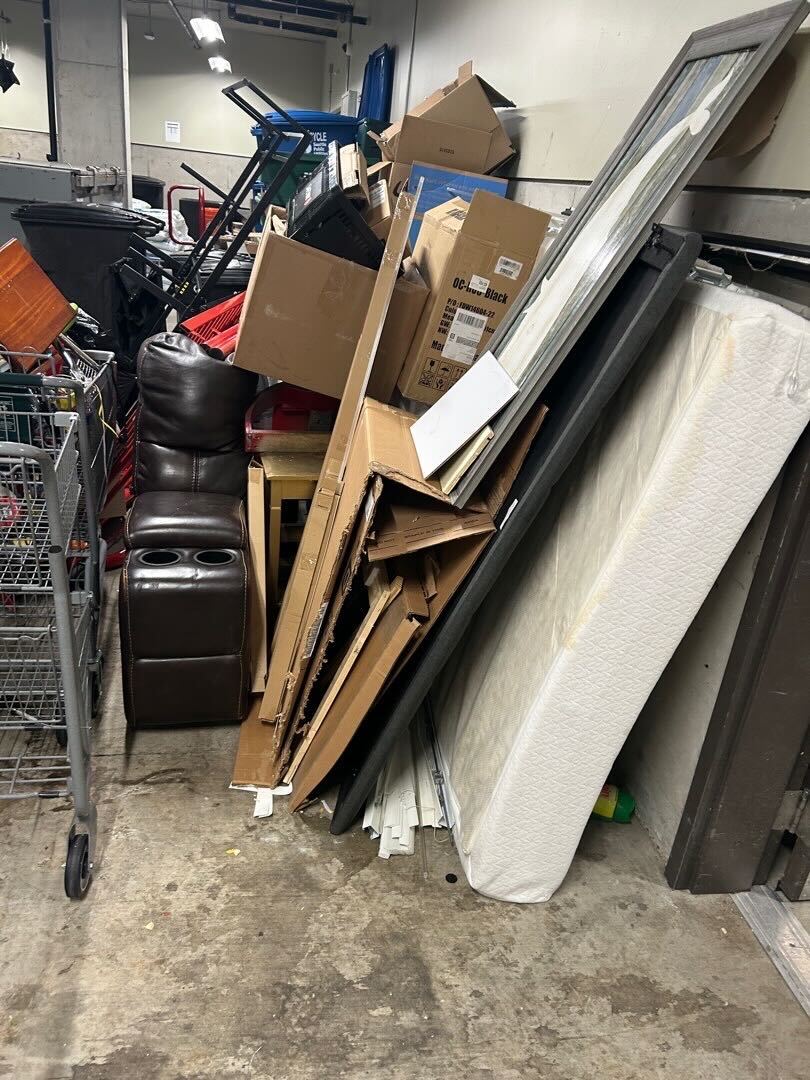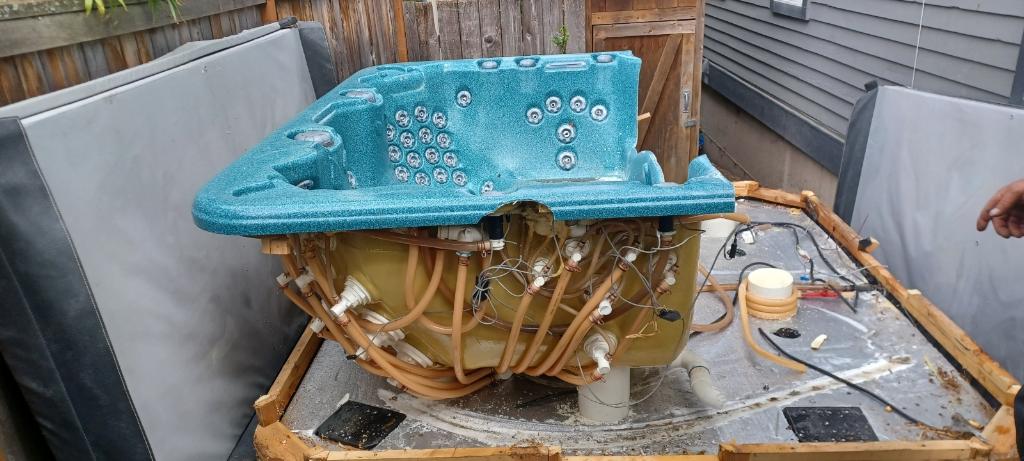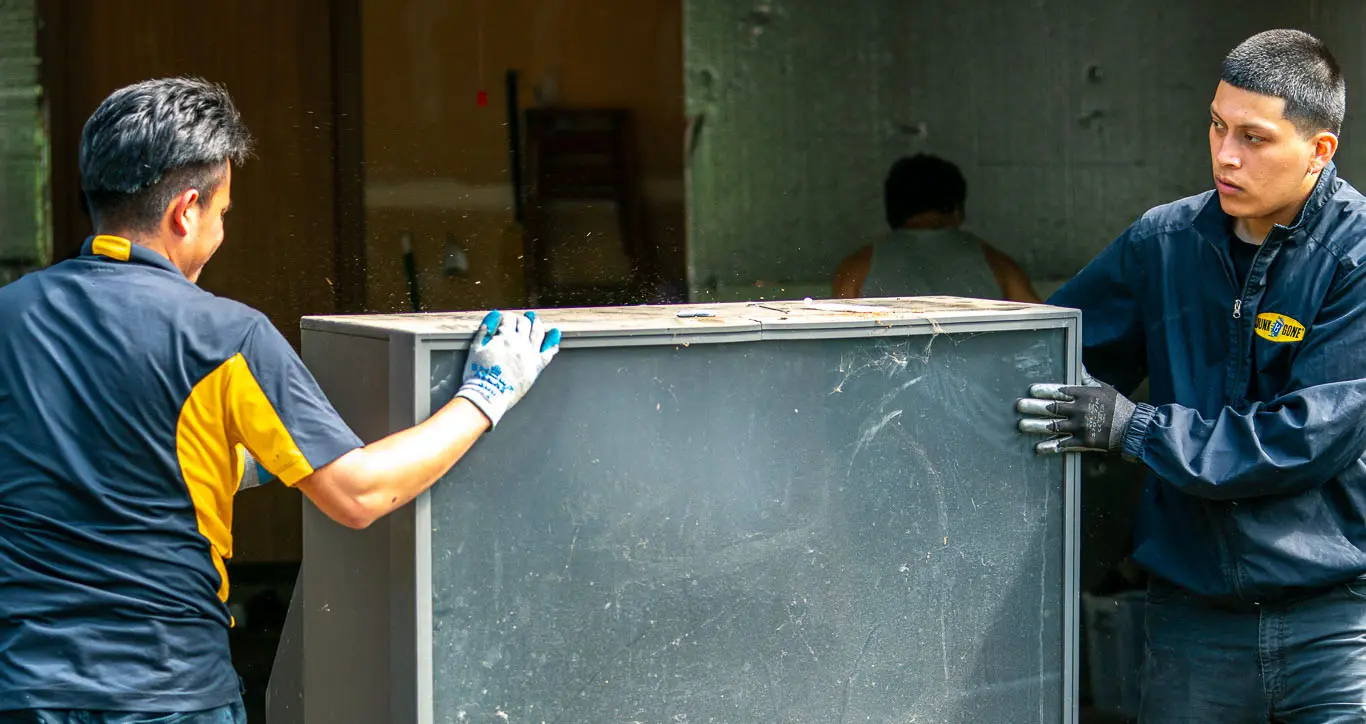
Yes – Most professional movers offer packing services as part of their full-service options. These companies can handle everything from packing up your belongings to loading, transporting, and even unpacking them at your new place. Plus, many movers provide flexible packages—so whether you want them to take care of everything or just help with the heavy lifting, you can choose the level of packing support that works best for you.
Moving to a new home or office can be exciting, but let’s be real—it’s also a huge task filled with stress and decisions. From organizing your stuff to finding the right movers and setting up your new space, the entire process can feel overwhelming. And one of the biggest time-consumers? Packing.
Packing is more than just tossing items into boxes. It’s about wrapping fragile items, labeling everything properly, and making sure nothing gets damaged during the move. This is where most people get stuck—either from lack of time, supplies, or just plain burnout.
That’s why many people turn to professional movers who also offer packing services. These full-service movers don’t just move your items—they come in, pack your entire home (or just the rooms you want), bring all the supplies, and make the process way more efficient.
What Does It Mean When Movers Pack for You?
When a moving company offers to pack for you, it generally means you’re opting for a full-service move. This goes beyond just loading and hauling your stuff—they’ll wrap, box, label, and organize your belongings for safe transport. It’s designed to save you time, reduce stress, and ensure that your valuables are packed securely by professionals.
Full-Service vs. Self-Packing
- Full-service moving includes everything: packing, loading, transporting, unloading, and even unpacking if requested.
- Self-packing means you’re responsible for packing your belongings, and movers only handle transportation and loading/unloading.
What’s Included in Packing Services?
Most professional movers will:
- Bring their own packing materials (boxes, tape, bubble wrap, padding)
- Disassemble furniture if needed
- Label boxes clearly for easier unpacking
- Handle fragile items with special care
Partial vs. Full Packing
- Partial packing: You pack most items, but movers help with fragile, bulky, or specialty items.
- Full packing: Movers pack everything—you barely lift a finger.
Do movers pack everything?
If you opt for full packing services—yes, movers will pack your entire home, including clothing, kitchenware, electronics, and decor.
Do movers bring their own packing supplies?
Yes, professional movers typically come prepared with high-quality packing materials to ensure your items are protected throughout the move.
What Do Movers Pack and What Don’t They Pack?
Hiring professional movers can take a huge load off your shoulders—literally. But even with full-service packing, not everything in your home will be handled by the movers. Knowing what they typically include (and exclude) can help you better prepare and avoid last-minute confusion.
What Movers Usually Pack?
Most moving companies are well-equipped to handle standard household items. Their goal is to pack your belongings efficiently and safely using the right materials and techniques. Items they typically pack include:
- Clothing, linens, and bedding – Folded or hung in wardrobe boxes.
- Books, DVDs, and decorative items – Packed in small boxes to prevent weight overload.
- Dishes, glassware, and cookware – Carefully wrapped with packing paper or bubble wrap.
- Small appliances and electronics – Including microwaves, TVs, and computers, packed with padding.
- Furniture and large household items – Disassembled if needed, and padded with blankets or shrink wrap.
- Mirrors, frames, and artwork – Often packed in special picture boxes with extra care.
Movers typically bring their own packing supplies, such as boxes, tape, labels, bubble wrap, and packing paper. If you’re opting for full-service packing, they’ll usually handle everything from wrapping to sealing each box.
What Movers Typically Won’t Pack?
Even full-service movers have some restrictions—mainly for safety and legal reasons. These are items they’re likely to avoid:
- Perishable food – Items that can spoil (like frozen meat, dairy, or fresh fruits) aren’t safe to transport over long periods.
- Hazardous materials – Think gasoline, paint, aerosols, propane tanks, fire extinguishers, and even some cleaning supplies.
- High-value personal items – Items like jewelry, cash, heirlooms, and sensitive documents (passports, legal papers) are usually your responsibility.
- Plants and pets – Due to temperature, handling, and legal issues across states or countries.
It’s a good idea to ask your moving company for a list of non-allowables, so there are no surprises on moving day.
How to Prepare No-Pack Items in Advance?
To ensure a smooth experience:
- Create a “no-pack” zone – Dedicate a corner or room to items you plan to transport yourself. Label it clearly.
- Pack your valuables and essentials in a personal bag or suitcase (e.g., medications, chargers, documents).
- Dispose of hazardous items properly – Look for local recycling or disposal centers for chemicals and flammables.
- Eat or donate perishable food in the days leading up to the move.
- Communicate with your movers in advance—especially if you’re unsure about certain items.
By understanding what movers will and won’t pack, you’ll avoid last-minute stress and ensure that both you and your belongings are well-prepared for the big day.
Do Movers Unpack at the New Location?
One of the biggest reliefs after a move is knowing you don’t have to do it all yourself—even at the destination. Many full-service moving companies offer unpacking services, helping you settle into your new space faster and with less hassle.
What Do Unpacking Services Actually Include?
When movers unpack for you, the services typically involve more than just opening boxes. Here’s what’s often included:
- Unboxing your items and laying them out on flat surfaces like tables, countertops, or floors.
- Organizing essentials like kitchenware into cabinets, or placing clothes into closets (depending on the service level).
- Removing packing materials such as cardboard boxes, packing peanuts, plastic wrap, and paper—saving you a trip to the recycling center.
- Reassembling furniture if it was taken apart during the move (like beds or shelving units).
Some companies even go a step further and provide basic setup assistance—placing electronics, arranging furniture, or hanging clothes—but this level of service often needs to be requested or quoted in advance.
Is Unpacking Always Included?
Not always. Whether unpacking is part of your moving package depends on the type of service you choose:
- Full-service moves generally include packing, transportation, and unpacking. These are ideal for people relocating long distances, businesses, or anyone who wants a truly hands-off experience.
- Basic or economy moves may only include loading, transportation, and unloading—unpacking would be an optional add-on service.
- Partial unpacking services are also available. You can choose to have movers only unpack fragile items, kitchen essentials, or bedrooms.
It’s always best to confirm with your mover ahead of time—don’t assume it’s included.
Pros and Cons of Unpacking Services
Advantages:
- Saves you time and energy: After a stressful move, having someone handle the unpacking can feel like a huge relief.
- Reduces clutter immediately: Boxes and packing materials are gone the same day, so your home starts to feel organized faster.
- Helps you settle in quicker: Especially useful for families, elderly homeowners, or professionals on a tight schedule.
Disadvantages:
- Can increase overall moving costs: Unpacking services typically come at an additional fee unless you opt for a premium package.
- Less personal control over organization: Movers may not arrange your items the way you would prefer, especially for kitchens, closets, or storage spaces.
- Time limitations: Most unpacking services are done on a schedule, so you might feel rushed if you’re not fully prepared.
Should You opt for Unpacking Services?
If your priority is convenience and a stress-free experience, then unpacking services are definitely worth considering. However, if you’d rather take your time and organize your new space at your own pace, skipping this service might make more sense. Ultimately, it comes down to your schedule, budget, and how much hands-on involvement you prefer during your move.
How Much Does It Cost for Movers to Pack for You?
Hiring movers to pack for you can take a big weight off your shoulders, but it does come at a cost. How much you pay depends on several key factors, and knowing what goes into the pricing can help you make an informed decision.
Factors That Influence Packing Costs
There’s no one-size-fits-all price, but the total cost generally depends on:
- Size of your home: More rooms = more items = more time.
- Volume of belongings: A minimalist apartment will cost less than a fully furnished 4-bedroom home.
- Number of movers needed: More help = faster service, but higher labor costs.
- Packing materials used: Boxes, bubble wrap, tape, and specialty materials for fragile items are usually billed separately or included in premium services.
- Service level: Full packing (everything) costs more than partial packing (just the kitchen, for example).
Tips to Save on Packing Costs
Want to save a little without going full DIY? Try this:
- Do a hybrid move: Pack your non-breakables (clothes, books, linens) and let pros handle fragile or high-value items.
- Purge before you pack: Less stuff = less time and fewer materials needed.
- Provide your own materials: If allowed, buy boxes and packing supplies separately to avoid marked-up prices.
- Schedule wisely: Moving during off-peak times (weekdays or off-season) can help you get lower rates.
Is it worth paying for movers to pack?
Yes, especially if you value your time, need help with fragile items, or are short on help. It’s a convenience many find worth the added cost.
How much do movers charge per hour for packing?
Rates typically depend on your location and the complexity of the packing job.
Benefits of Letting Movers Pack for You
If you’re juggling work, family, and a big move, hiring movers to pack for you can feel like a lifesaver. It’s not just about convenience—it’s about peace of mind. Here’s why it might be one of the smartest choices you make during your move.
Saves Time and Reduces Stress
Packing up an entire home is time-consuming and mentally draining. With professional packers, what might take you several days can be done in a few hours. You don’t have to worry about finding boxes, running out of tape, or wrapping every glass individually. Just step back and let the pros handle it.
Professional-Grade Packing Quality
Movers pack for a living—they know how to wrap, pad, and box items securely to minimize the risk of damage. From your delicate glassware to oddly shaped lamps, professionals use the right materials and techniques to protect your stuff. That experience adds an extra layer of confidence, especially for fragile or high-value items.
Fewer Chances of Breakage or Damage
Let’s face it: broken items are one of the most common moving regrets. With movers, the packing job is typically covered under their insurance or liability policy, meaning you’re better protected if something does get damaged. Plus, the careful labeling and efficient box stacking help ensure nothing gets lost or mishandled during transit.
Extra Perks
- Custom crating for specialty items like artwork or antiques
- Inventory tracking to stay organized
- Optional unpacking services to help you settle in faster
Letting movers pack for you means less chaos and more confidence—a smart way to start your next chapter.
Things to Know Before Hiring Movers Who Pack
Hiring movers to pack your belongings can be a game-changer—but only if you hire the right team. Before signing any contracts, take a few minutes to ask the right questions and do some basic homework. It can save you from stress and unexpected costs later.
Ask the Right Questions
Start by getting clear answers on what’s included. Some helpful questions:
- Do you offer full or partial packing services?
- Are packing materials included in the price?
- Do you label boxes by room or content?
- How do you handle fragile or high-value items?
These will help you gauge the company’s professionalism and attention to detail.
Check Licensing and Insurance
Always make sure the moving company is licensed, insured, and reputable. Look them up on review platforms and confirm their USDOT number (for interstate moves) or local registration (for in-state). Ask if their packing services are covered under valuation protection or if you need separate coverage.
Understand How They Handle Specific Items
Some movers are great at wrapping your dish set—but what about your artwork, TV, or antique clock? Make sure to:
- Confirm their experience with specialty items.
- Ask if they offer custom crating.
- Clarify what they won’t pack (e.g., flammables, perishables).
Ask About Box Labeling and Organization
A reliable mover should provide clearly labeled boxes to make unpacking easier. Ask how they organize items and whether you’ll receive a basic inventory list. This extra step saves time and confusion at your new home.

